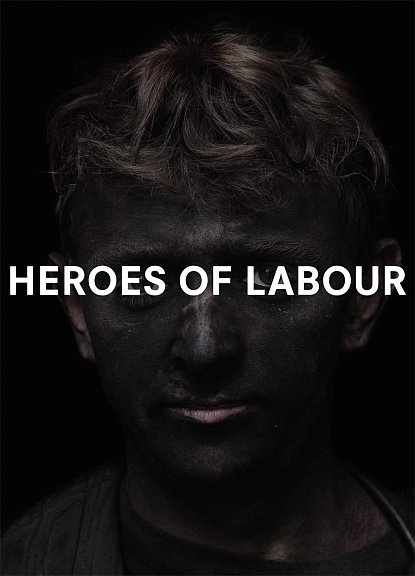-
Книги
- Нонфикшн
- Гуманитарные науки
- Деловая литература
- Естественные / Точные науки
- Книгоиздание
- Лайфстайл
- Словари / Энциклопедии
- Художественная литература
- Детектив
- Драматургия
- Классическая проза
- Мифология. Эпос
- Поэзия
- Собрания сочинений
- Современная художественная проза
- Фантастика. Фэнтези
- Биографии / Мемуары
- Графические романы / Комиксы
- Детские книги
- Воспитание. Педагогика
- Детский досуг
- О детских книгах
- Познавательная литература
- Художественная литература для детей
- Журналы / Зины
- Архитектурные
- Гуманитарные
- Журналы о моде
- Зарубежная периодика
- Искусство / Фотография
- Кино / Театр
- Лайфстайл
- Книги «Подписных изданий»
- Книги на иностранных языках
- Английский язык
- Испанский язык
- Итальянский язык
- Книги на иностранных языках для детей
- Немецкий язык
- Финский язык
- Французский язык
- Шведский язык
- Книги о кино
- Книги о музыке
- Книги о средневековье
- Книги о театре
- Книги о фотографии
- Книги об искусстве / Книги об архитектуре
- Альбомы по искусству
- Архитектура
- Декоративно-прикладное искусство
- Живопись
- Искусствоведение
- Орнаменты
- Прочее
- Танец
- Татуировка
- Творческое развитие
- Книги по философии
- Кулинарные книги
- Николай Солодников рекомендует
- Предзаказ
- Про дизайн / Про моду
- Путеводители / Книги о путешествиях
- Канцелярские товары
-
Подарки
- Брошки и значки
- Гирлянды
- Закладки
- Игры
- Календари
- Наклейки
- Наши сувениры
- Открытки
- Всякие-разные
- Наборы открыток
- Поздравления
- Про любовь и другие хорошие чувства
- С писателями и поэтами
- С цветами, овощами и фруктами
- С цитатами и другими фразами
- Подарочные сертификаты
- Постеры
- Прочее
- Сумки и шоперы
- Упаковка
- Подарочные сертификаты
Адрес магазина: Санкт-Петербург, Литейный пр., 57
Heroes of Labour by Gleb Kosorukov
| Автор | |
|---|---|
| Издательство | Steidl |
| Год издания | 2018 |
| Переплет | Твёрдый |
| Страниц | 160 |
| Формат | 251x345 мм |
| Язык | Английский |
| ISBN | 978-3-86930689-6 |
| Артикул | 1181071 |
On 31 August 1935 Alexej Stakhanov, a jackhammer operator at Central-Irmino coal mine, mined a record 102 tons of coal in five hours and forty-five minutes (fourteen times his daily quota). The launch of an unprecedented state-run campaign for popularizing extraordinary labor achievements made Stakhanov a Soviet preeminent hero. Soon after, his portrait appeared on the cover of Time. For the first time a laborer had been elevated to worldwide fame for his performance at work. Since then the term “Stakhanovism” has defined ecstatic labor and professional over-accomplishment as a form of heroism. On the 74th anniversary of Stakhanov’s achievement, Gleb Kosorukov undertook a photographic research project on the identity of modern miners as an archetype of the working class, affected by the changing value of material labor and the decline of social justice. Kosorukov took 100 portraits of miners during shift changes at the largest mine in Europe, located in the eastern Ukraine, which bears the name of Stakhanov. Due to the neoliberal pressure of global capitalism and the radical changes in the nature of the labor market, Ukrainian mines are closing apace; more than 100,000 miners stand to lose their jobs within the next five years. Kosorukov’s work examines what remains of the miner-myth in the image of the worker-heroes of today.
Подписка на рассылку
Мы будем присылать вам обзоры книг, промокоды и всякие-разные новости


